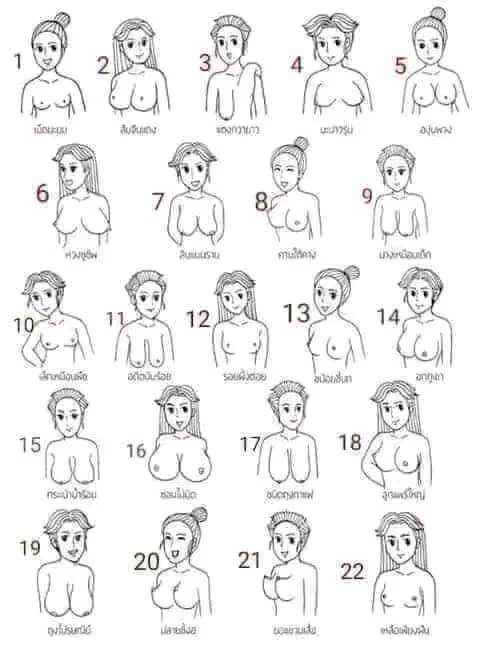Ladies, your relationship with your breasts can save your life.
If you’re one of the many women with dense breast tissue, you’ll need to get extra familiar with your breasts in monthly self-exams.
That’s because dense tissue can feel fibrous or lumpy compared with more fatty tissue, and detecting an abnormal spot can be trickier.
Some women are surprised to find out they have dense breast tissue when notified after a baseline mammogram.
The first mammogram is recommended at age 40 to accompany annual clinical exams, and the law requires doctors to notify women of dense breast tissue.
But don’t stress. Having dense breasts is normal and common, says Amy Kerger, DO, a breast radiologist at The Ohio State University Comprehensive Cancer Center – Arthur G. James Cancer Hospital and Richard J. Solove Research Institute.
“If you learn that you have dense breasts after a baseline screening, it doesn’t mean you’ll have breast cancer,” Kerger says.
“It means you should start a conversation with your primary care provider to learn about all your risks and how you can begin monitoring for those risks.”
What is dense breast tissue? And what does it mean if you have it? Test your knowledge with our true-or-false quiz.
True or False: Dense breast tissue means your breasts are heavy.
FALSE
Density refers to the appearance of your breast tissue on a mammogram – not the actual weight of your breasts. Your breasts contain milk glands, milk ducts and connective tissue – those are all dense breast tissue. The rest of the breast is made up of fatty tissue, which is the non-dense part.
So, if you have dense breasts, you have more breast and connective tissue than fat.
Dense breast tissue appears white on a mammogram.
Non-dense tissue appears transparent (the dark part of the image).
Cancer also appears white on a mammogram. Dense breast tissue is difficult to see through and could hide or mask cancerous growths.
 True or false: Older women have denser breasts.
True or false: Older women have denser breasts.
FALSE
Premenopausal women are more likely to have dense breasts. During menopause, milk glands and ducts diminish, leaving more fatty, or non-dense, tissue.
Some of us, though, may continue to have dense breasts as we age, due to family history or hormone therapy used to combat menopause.
Density also can fluctuate over time.
“One year you may get a note that your breasts are dense; another year they’re not,” Kerger says.
True or false: The more weight you gain, the denser your breasts become.
FALSE
Actually, the opposite is true. The less you weigh, the denser your breasts become. That’s because the more weight you put on, the fattier your breasts become.
“However, you don’t want to sit around and eat Ho Hos to get rid of your dense breasts,” Dr. Kerger jokes.
The same is true for naturally large-breasted women: The larger your breasts, the more fatty tissue.
True or false: Having denser breasts increases your risk of cancer.
TRUE
Having dense breast tissue appears to be a risk factor for cancer. However, it’s important to consider other breast




No comments yet
Be the first to share your thoughts!